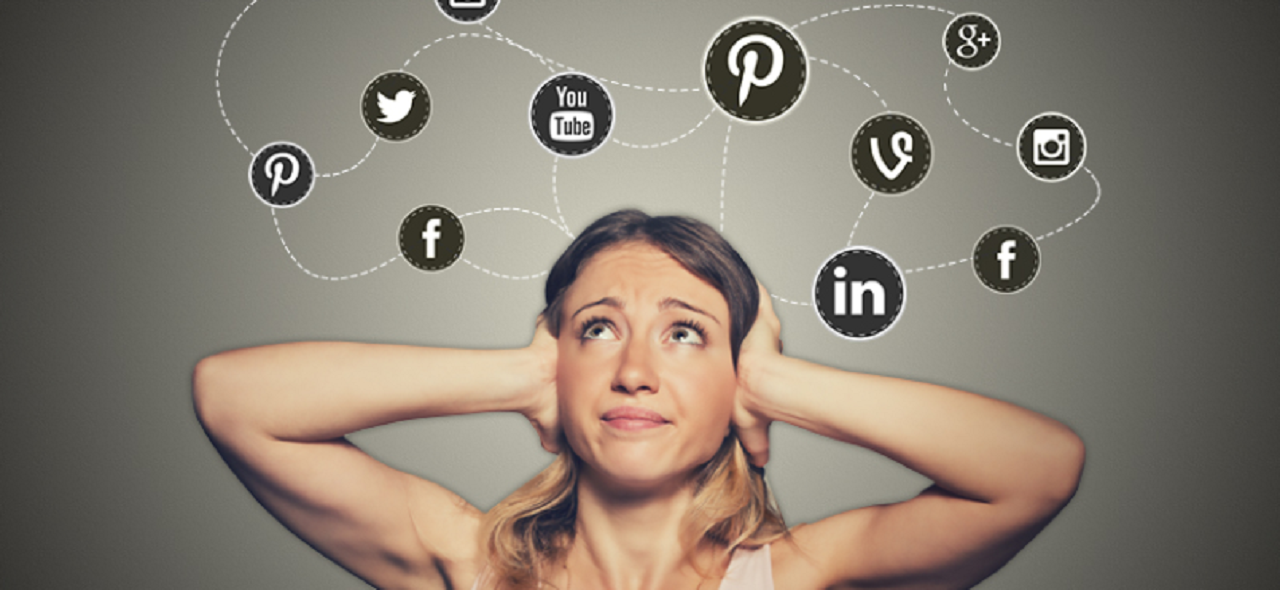Why You’re More Likely to Solve Your Problems on a Therapist’s Sofa Than on Social Media

In an era where mental health issues are increasingly acknowledged, many individuals are turning to platforms like TikTok for guidance rather than seeking professional help. A recent 2024 KFF Health Misinformation Tracking Poll revealed that 66% of adult TikTok users have encountered mental health content on the app.
Dr. Thomas Milam, a psychiatrist and chief medical officer at Iris Telehealth, noted that many TikTok users seek mental health advice through the platform due to the shortage of mental health providers and the difficulty in accessing affordable care. “The majority of people that are accessing TikTok are going to at some point seek some type of mental health guidance,” he explained.
While the rise of mental health discussions on social media can be seen as a positive development, it poses significant risks. Lindsay Liben, a psychotherapist based in New York City, cautioned against diagnosing problems based on social media content. Many posts are created by individuals without proper mental health training, leading to the spread of misleading or inaccurate information. For instance, a 2023 study published in the Journal of Autism and Developmental Disorders found that 41% of TikTok videos related to autism were inaccurate, and a 2022 study in The Canadian Journal of Psychiatry reported that 52% of ADHD-related videos contained misleading claims.
Despite TikTok’s efforts to combat misinformation by working with independent partners and providing a Safety Center for reliable health information, diagnosing mental health conditions through social media remains problematic. Symptoms such as low energy and fatigue can indicate various issues, from anxiety to sleep deprivation, complicating self-diagnosis efforts.
Moreover, parents seeking solutions for their children’s sleep issues might overlook deeper problems, like bullying, as highlighted by Liben. Misinterpreting normal feelings of worry or sadness as mental health disorders can also lead to confusion and unnecessary anxiety.
A further concern is that some creators on social media promote products like sleep aids and vitamins alongside their mental health content, often oversimplifying complex issues. Milam emphasized that quick fixes are rarely effective for serious conditions like anxiety or depression, which require nuanced approaches. When solutions fail, it can exacerbate feelings of inadequacy among individuals trying to improve their mental health.
For those looking for credible mental health resources online, experts recommend seeking content from licensed professionals, such as doctors or licensed therapists, who are transparent about their qualifications. It’s essential to verify the educational backgrounds and training of content creators and to rely on sources that reference high-quality research.
Milam suggests that individuals who suspect they may have mental health concerns should first reach out to their primary care physicians, who can offer guidance and referrals to mental health specialists. Resources from the American Psychiatric Association and the American Psychological Association can also provide reliable information.
Ultimately, while social media can facilitate discussions around mental health, experts agree that addressing these issues effectively requires more than a quick video. The most reliable answers are often found on the traditional therapist’s sofa, where professional support can lead to meaningful solutions.





















